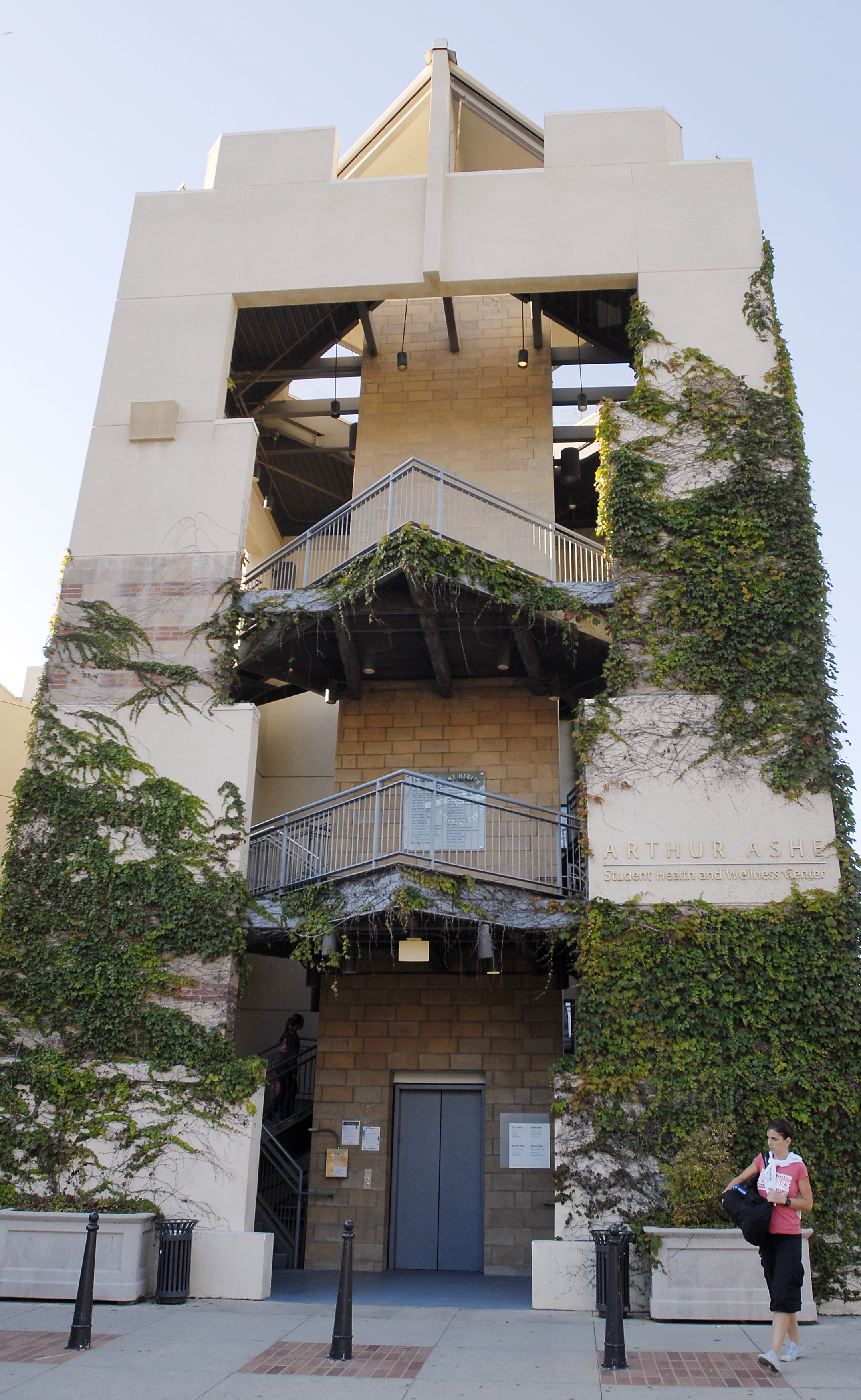Clarification: The original headline for this article was misleading. The vaccines were potentially stored at improper temperatures.
Vaccines distributed by the UCLA Arthur Ashe Student Health and Wellness Center between January 2007 and Aug. 18, 2011 may have been stored at a temperature outside of the manufacturer’s recommendation, possibly rendering them ineffective.
More than 4,700 current students and more than 7,700 former students are affected. They are currently receiving notification emails from the Ashe Center, said university spokesman Steve Ritea.
He added that the measure was taken as a precaution. Numerous officials and manufacturers have said that an improper storage temperature cannot taint the vaccines, but might make them ineffective.
There have been no reports of students harmed as a result of a storage issue, Ritea said.
This is the first time UCLA has had a possible issue with vaccine storage.
While unable to confirm directly whether the vaccines were improperly stored, Dianne Klein, a spokeswoman for the UC Office of the President, said the university may have fallen out of compliance in this situation.
The potential temperature problem came to light after a routine risk review of the University of California health centers, which was discussed by the UC Board of Regents during their September meeting, Klein said. This review is part of the regular oversight of the campus health centers to comply with risk avoidance policies, she said.
Out of the six campuses that were inspected at the time, only UCLA had a potential problem with their vaccine storage, she said. The full report, which will include all 10 campuses, will be released in January, she said.
No public health officials were notified of the UCOP review because the vaccines were not received from the county, Klein said.
As soon as the UCOP inspection results were released, UCLA disposed of all vaccines in question, and made sure all of its equipment was within the proper temperature range, Ritea said. He added that alarms were subsequently installed to ensure that vaccines would not be stored at improper temperatures.
All students who received notifications are invited to be re-vaccinated at the Ashe Center for no additional cost. However, students are advised to contact their primary health care provider to see if they should be re-vaccinated and blood tests can be done to check for immunity from the vaccines.
